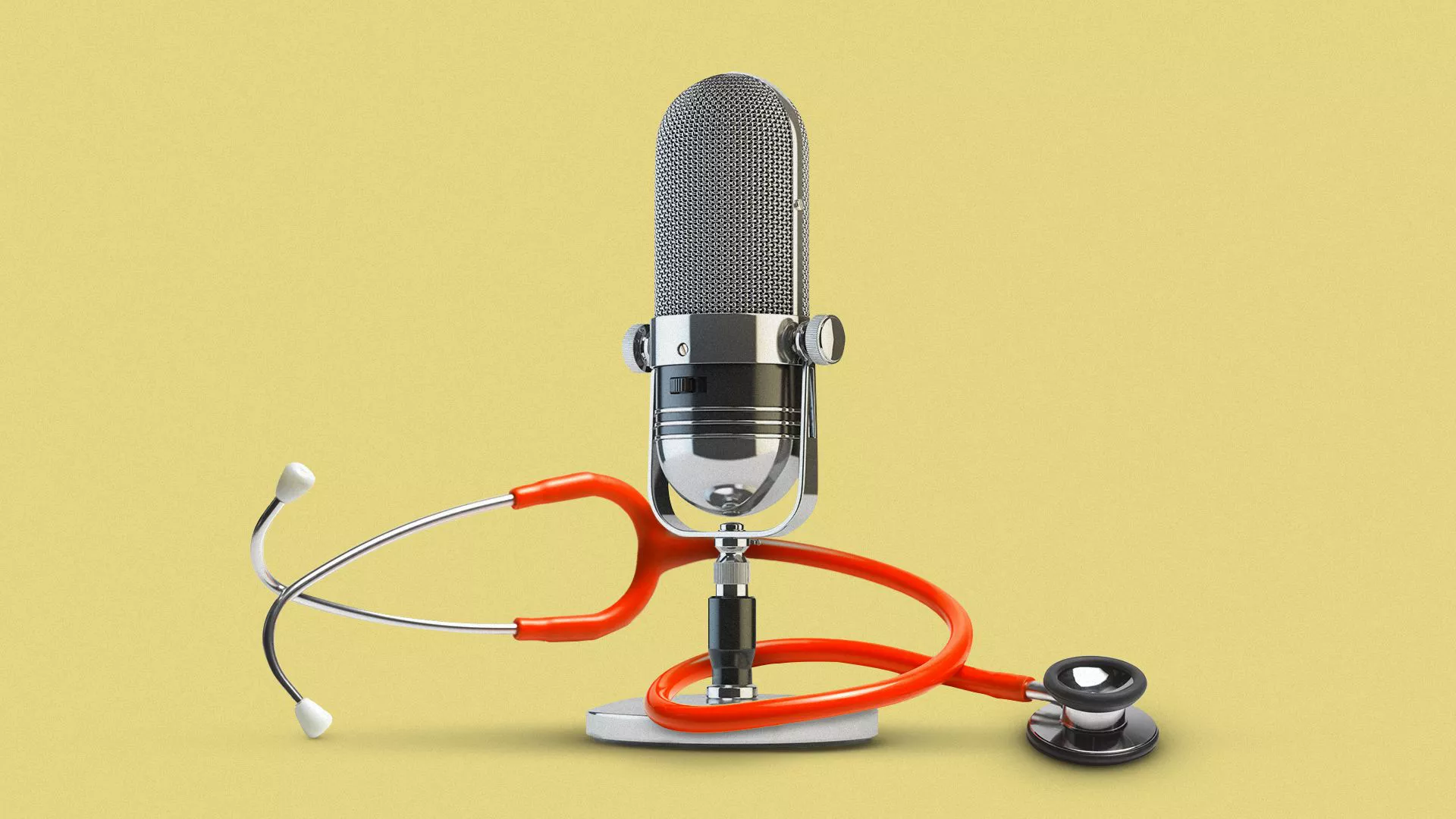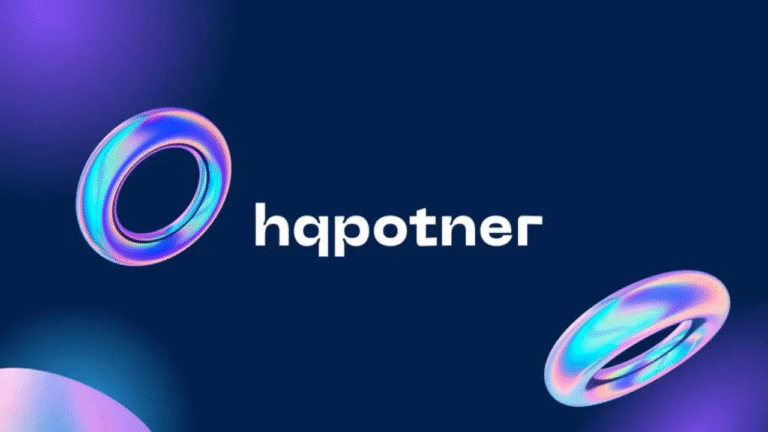Diagnosing Depression Through Speech: The Promise and Privacy Concerns of Voice Biomarkers
Rachel Kim didn’t realize she was slipping into depression. The changes were subtle—she felt tired more often, less enthusiastic about things she normally enjoyed. Nothing dramatic. Nothing that screamed “get help.”
But her phone knew.
The voice AI assistant she used daily had been analyzing her speech patterns for months. The slight flattening of her vocal inflections. The longer pauses between words. The narrower pitch range. The decreased speaking pace. To Rachel, these changes were invisible. To the algorithm, they were red flags.
When her phone gently suggested she might want to talk to someone about her mental health, Rachel was stunned. And then, after thinking about it, unnerved. Her phone had diagnosed her depression before she even acknowledged it herself.
Your Voice Reveals More Than You Think
Researchers have known for decades that mental health conditions leave acoustic fingerprints in human speech. When someone is depressed, their voice often becomes monotone, slower, quieter. Anxiety speeds up speech and raises pitch. Mania increases volume and accelerates talking pace.
But until recently, these observations were subjective—psychiatrists listening carefully during clinical interviews, noticing patterns but unable to quantify them precisely.
AI changed everything. Machine learning algorithms can now detect microscopic variations in speech that no human ear could catch. Tiny shifts in pitch variability measured in hertz. Millisecond-level changes in speech timing. Subtle alterations in phonetic quality that occur when vocal muscles tense with anxiety.
Dr. James Williamson, who researches voice biomarkers at MIT, describes what the technology can identify. “We’re not just analyzing what people say, but how they say it. The rhythm, the prosody, the acoustic features. A person might tell me they’re fine, but their voice shows restricted emotional range, slower articulation, increased pauses—all consistent with depressive episodes.”
Clinical trials are producing startling results. One study correctly identified major depressive disorder from voice samples with 77% accuracy. Another detected anxiety disorders with 71% accuracy. For bipolar disorder, voice analysis caught manic episodes with 80% accuracy.
These aren’t perfect numbers. But they’re better than many human clinicians achieve in brief screening appointments.
The Promise: Early Intervention
Here’s why mental health professionals are excited about this technology. Most people with depression don’t seek help until their condition is severe. The average delay between symptom onset and treatment is nearly a decade.
By then, damage is done—lost relationships, derailed careers, sometimes suicide attempts. Early intervention dramatically improves outcomes, but it requires catching the problem before it becomes crisis.
Voice biomarker technology could change this equation entirely. Imagine your phone flagging early warning signs. Imagine a quick voice screening during your annual physical that catches emerging depression. Imagine veterans with PTSD having their speech monitored remotely, with clinicians alerted when vocal patterns indicate worsening symptoms.
Dr. Amanda Foster runs a pilot program at a large mental health clinic where patients voluntarily provide voice samples during check-in. “We’ve caught three patients whose self-reported symptoms didn’t match their vocal biomarkers,” she explains. “They were minimizing their struggles, consciously or not. The voice analysis revealed the truth.”
In one case, a patient insisted her medication was working fine. Her voice patterns showed severe depression. When Dr. Foster probed deeper, the patient admitted she’d stopped taking her meds weeks ago but was embarrassed to say so. Early detection potentially prevented a dangerous spiral.
For suicide prevention, the stakes are even higher. Researchers are testing whether voice analysis can identify acute suicide risk—the moments when someone transitions from ideation to planning. If an algorithm could flag these critical windows, it could save lives.
It’s Already Deployed
This isn’t hypothetical. Multiple companies are commercializing voice biomarker technology right now.
Ellipsis Health offers a voice-based mental health screening tool used by healthcare providers and insurers. Patients record a brief voice sample—sometimes just 30 seconds—and AI analyzes it for signs of depression and anxiety.
Sonde Health has developed a voice biomarker platform that claims to detect not just mental health conditions but respiratory problems, cardiovascular issues, even cognitive decline. Their technology is being tested by pharmaceutical companies for clinical trials and by employers for workplace wellness programs.
Winterlight Labs focuses on cognitive and mental health assessment through speech analysis. They’re working with hospitals to catch early dementia and with mental health providers to monitor depression.
And then there are the tech giants. Reports suggest Apple is researching depression and anxiety detection through iPhone voice analysis. Amazon has explored using Alexa to identify health conditions from speech patterns. Google’s research division has published papers on detecting depression from voice samples.
Your voice-activated devices are already listening. The question is whether they’ll start diagnosing.
The Privacy Nightmare
Now let’s talk about what could go catastrophically wrong.
Daniel Hassan, a privacy lawyer specializing in health technology, outlines the nightmare scenarios. “Who has access to this analysis? Your employer listening to your phone calls to screen for ‘risky’ employees with mental health issues? Insurance companies analyzing customer service recordings to flag people who might file expensive mental health claims? Law enforcement using voice analysis to build profiles?”
It gets darker. Imagine divorce proceedings where one parent uses voice analysis of the other parent to argue mental unfitness. Imagine colleges screening applicants’ video essays for mental health red flags. Imagine authoritarian governments mass-analyzing phone calls to identify dissidents exhibiting stress or fear.
The technology doesn’t require your consent to work. If I record you speaking—a phone call, a podcast interview, a video message—I can run voice biomarker analysis without you ever knowing. There’s no way to obscure your vocal patterns the way you might mask your face or encrypt your text.
“It’s the most intimate surveillance possible,” Hassan says. “Your voice reveals your emotional state, potentially your mental health, continuously and passively. And unlike genetic testing, which requires explicit sampling, voice analysis happens every time you speak within range of a microphone.”
The Accuracy Problem
Then there’s the uncomfortable truth that these algorithms aren’t as accurate as the marketing suggests. That 77% accuracy for depression detection? It means 23% of people are misdiagnosed—either flagged as depressed when they’re not, or told they’re fine when they’re actually struggling. AI development with voice tech is particularly complex.
False positives could trigger unnecessary interventions, stigma, or panic. False negatives could provide dangerous false reassurance to people who actually need help.
Dr. Keisha Brown, a psychiatrist skeptical of voice biomarker technology, raises additional concerns. “These algorithms are trained primarily on white English speakers. Do they work as well for people with different accents, dialects, or speech patterns? What about people with speech impediments? What about cultural differences in emotional expression?”
Early evidence suggests bias is real. Some voice biomarker systems perform significantly worse on speakers of African American Vernacular English. Others struggle with non-native English speakers. The algorithms might be detecting not mental health conditions, but linguistic and cultural differences.
“We risk building a system that over-diagnoses depression in some populations and under-diagnoses it in others,” Dr. Brown warns. “And we won’t know until serious harm is done.”
What Happens to the Human Element?
There’s also something fundamentally troubling about outsourcing mental health detection to algorithms. Mental health diagnosis is complex, contextual, relational. It requires conversation, trust, understanding someone’s full situation.
A flattened voice might indicate depression. Or grief. Or exhaustion. Or medication side effects. Or maybe someone just has a cold.
Rachel Kim, whose phone flagged her possible depression, eventually did talk to a therapist. She was, in fact, experiencing mild depression. The early warning helped. But she also describes feeling violated.
“My phone was analyzing me without my knowledge,” she says. “Every conversation, every voice command—I didn’t know I was being evaluated. Even if it was helpful, the surveillance aspect freaks me out. What else is it detecting? What else is being recorded?”
She’s not wrong to worry. The same acoustic features that indicate depression might also reveal other private information—stress levels, relationship troubles, substance use, physical health problems. Voice is a remarkably rich data stream, and we’re only beginning to understand what it reveals.
Regulation Is Nowhere
Here’s perhaps the scariest part: there’s almost no regulatory framework for voice biomarker technology. The FDA hasn’t clearly classified these tools. Privacy laws weren’t written with this technology in mind. Most people have no idea this capability exists.
Companies are deploying voice analysis systems without explicit user consent. Employers are piloting workplace wellness programs that include voice screening. Insurance companies are exploring voice-based risk assessment. All of this is happening in a regulatory vacuum.
“We need rules before this technology becomes ubiquitous,” argues Hassan. “Who can use it? For what purposes? With what consent requirements? What happens to the data? Who’s liable when the algorithm is wrong? We need answers before every device is listening and analyzing.”
Finding the Balance
Despite the concerns, the mental health potential is too significant to ignore. Depression and anxiety are epidemic. Suicide rates are climbing. Traditional mental health systems are overwhelmed and failing to reach people until crisis hits.
If voice biomarkers could catch problems earlier, guide people to help, monitor treatment effectiveness—that could be transformative. The technology might save lives.
But not at the cost of turning every conversation into a diagnostic session without consent. Not by building surveillance infrastructure that reveals our most intimate psychological states. Not by deploying systems that work brilliantly for some people and fail dangerously for others.
Dr. Foster, who uses voice biomarkers in her clinic, advocates for a middle path. “These tools should be medical devices, used in clinical settings, with patient consent, by trained professionals who understand the limitations. They should augment human judgment, not replace it.”
That makes sense. But it’s not the direction the technology is heading. It’s heading toward your phone, your smart speaker, your workplace, your insurance company—everywhere you speak, algorithms listening, analyzing, judging.
Rachel Kim still uses voice assistants. But now she’s careful about what she says and how she says it. She catches herself monitoring her own tone, wondering what it reveals.
“I’ve started code-switching with my phone,” she admits. “Keeping my voice artificially upbeat so the algorithm doesn’t think I’m depressed again. Which is insane, right? I’m emotionally performing for an AI.”
Maybe that’s the dystopia we’re building. A world where we can’t speak freely because our voices betray too much. Where every conversation is a diagnostic test. Where the most intimate expression of human emotion—our voice—becomes just another data stream to be analyzed, monetized, and used against us.
Or maybe—maybe—we figure out how to use this technology ethically, consensually, and in service of genuine help.
We’d better decide soon. The algorithms are already listening.
Keep an eye for more latest news & updates on Ancient Artz!






